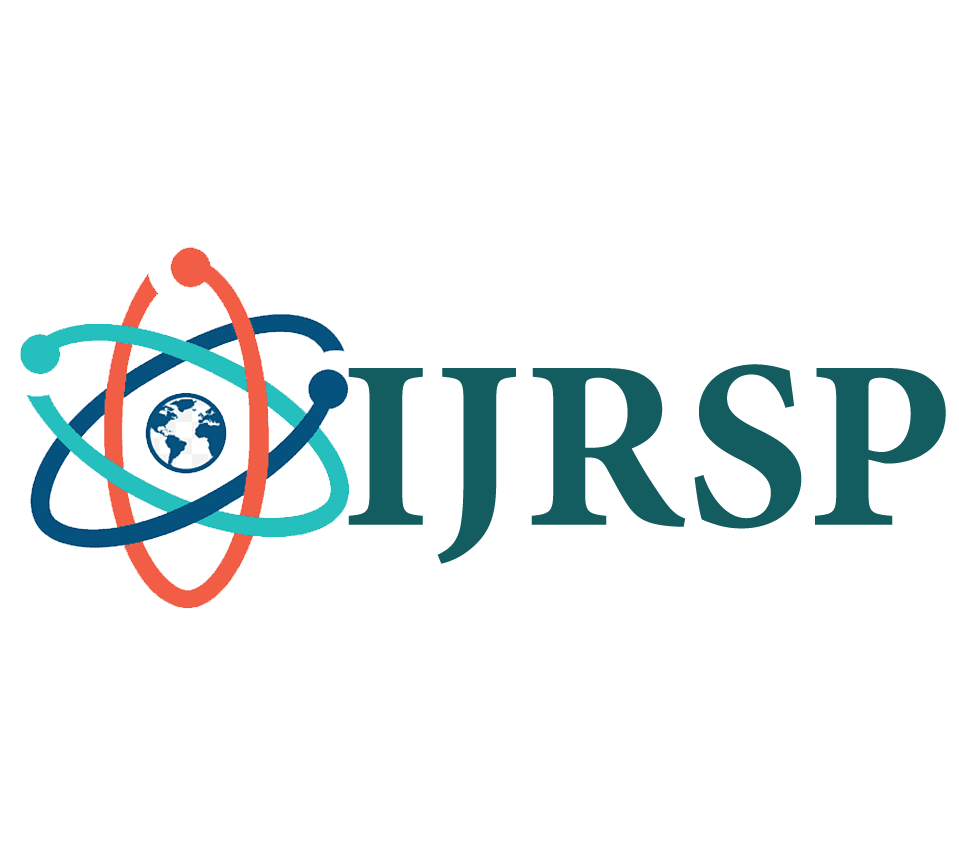المجلة الدولية لنشر البحوث والدراسات
International Journal of Research and Studies Publishing

International Journal of Research and Studies Publishing

Thinking Skills and Creativity in Islamic EducationBy: Mohamed Mostafa Rashed
Licensed Islamic Teacher in English and Arabic (TEFL/TESOL) Certified Teacher, Emirates International Education Establishment, Dubai, United Arab Emirates
Abstract: The development of thinking skills and creativity in Islamic education has been recognized the world over as one of the most important educational objectives in the 21st century, which is practical to students as employers nowadays have a keen interest in seeking highly competent graduates. However, concern arose to the importance of thinking skills from those perspectives is limited to solving problems. The objective is to revisit the concept of creativity and innovation in Islam from the Holy Quran and Prophet (PBUH). This article also highlights the significance and the need to apply the Prophetic model of Islamic creativity, the Quranic methodology that enhances creativity among people. Moreover, the study looked at the objectives of creativity in Islam and innovation in the present-day educational system. This article invites us to reflect on the direction of education for our current and next generation, especially within the context of choosing a suitable framework for cultivating students' thinking in Islamic education. Creativity is ideas. One individual can produce an idea that could be an outstanding or a mediocre idea. The Quran has many verses that engage in critical thinking rather than blind submission. Through innovation, we can find new ways to solve problems in life. Spread development, progress, and happiness for individuals and society, so creativity is the key to success in life. The study ended with conclusions and recommendations, the Qur'anic methods that called for the development of thinking, which was to stimulate motivation and evaluate the ability to analyze attitudes and judgments. Keywords: Creativity, Critical thinking, Islamic perspective, Qur'an, Sunnah
Licensed Islamic Teacher in English and Arabic (TEFL/TESOL) Certified Teacher, Emirates International Education Establishment, Dubai, United Arab Emirates
-
Al-Mahyawi, R., & Hajji, K. (2017). Analysis of the Arabic language curricula for the first secondary grade considering creative thinking skills. Educational, Psychological and Environmental Information Center, Zagazig University, 6(21), 36–82.
|
المجلة الدولية لنشر البحوث والدراسات مجلة علمية محكمة متخصصة في نشر الابحاث العلمية في مختلف التخصصات، تصدر المجلة الدولية دورياً كل شهر. تصدر المجلة في المملكة الأردنية الهاشمية
نحن نعمل باستمرار على تحسين مجلتنا العلمية وعملية النشر لدينا بهدف تزويدك بأفضل تجربة نشر علمية. فإننا نقدر رأيك ونرحب بأي اقتراحات عبر الإيميل التالي: info@ijrsp.com
جميع الحقوق محفوظة © المجلة الدولية لنشر البحوث والدراسات 2019-2025م